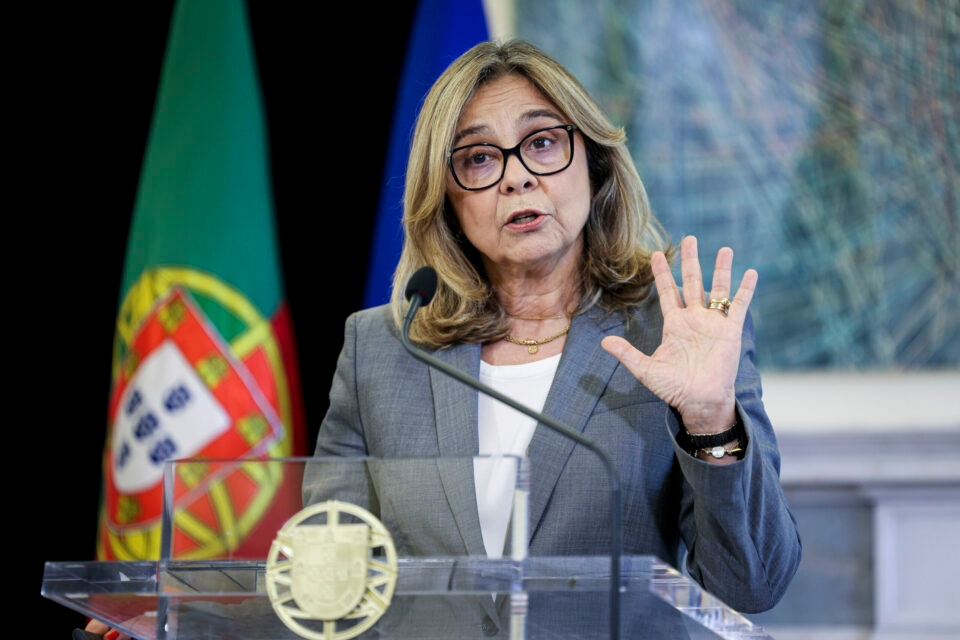Nine out of ten seniors benefit from bringing a companion to appointments.

In September, a survey by the University of Michigan in the United States confirmed what doctors and families had already observed in practice: bringing a trusted person to medical appointments can make a difference in the health of elderly people. The companion helps to formulate questions, understand instructions, reinforce recommendations, and can offer emotional, logistical, and financial support.
Researchers interviewed more than 2,800 adults aged 50 and older. For 92% of participants, the companion provided concrete help during the consultation. Another 83% said they felt more comfortable sharing health information with the doctor, and 79% stated that the support made it easier to follow the treatment.
Previous research reinforces this effect. A 2019 Spanish study analyzed patients with chronic diseases in primary care and showed that only 55% correctly followed their treatment. According to the authors, three factors increase the chance of adherence: receiving clear information, understanding the medication regimen well, and self-perception of a good quality of life.
“The caregiver sometimes helps translate what the doctor says. They reinforce understanding, ask questions again, or remind the person later at home what was said. This is very important because often the elderly person gets nervous, forgets, or doesn't understand everything at the time,” explains family and community physician Gustavo Shikanai Kerr, who works in the Elderly Caregiver Program (PAI) at the Campo Limpo Basic Health Unit (UBS) in São Paulo, managed by the Einstein Hospital Israelita. “Sometimes, the caregiver makes a real cultural adaptation of what you say to the person and ends up becoming an auxiliary memory,” he adds.
In addition to facilitating communication, the presence of someone close offers emotional support when faced with delicate diagnoses, which can increase adherence to treatment. A trusted companion, such as a spouse, children, or friends, can help reduce anxiety and provide greater security for the patient.
In more complex cases, such as dementia, mood disorders, or memory deficits, this support becomes essential. A Brazilian survey from 2023 indicates that 11.5% of the elderly population presents some degree of cognitive impairment.
Unequal barriers
For many elderly people, taking care of their own health is almost as difficult as facing a diagnosis. One of the main reasons is the simultaneous use of several medications—so-called polypharmacy. In Brazil, 18% of the elderly take five or more medications, according to a 2023 analysis published in Research, Society and Development . The excess of prescriptions also hinders access to drugs. A 2019 Spanish study indicates that the chance of adherence to treatment drops by about 35% with each new pharmacy used to obtain medication.
Technical language, financial constraints, mobility difficulties, and loneliness all contribute to this picture. "The healthcare team may use more technical language, which makes everything more complicated, especially since a large proportion of our patients have low health literacy," Kerr observes.
These difficulties weigh even more heavily on those who depend on the Unified Health System (SUS). A 2017 review reveals that, in Brazil, elderly people with higher income and education levels have up to four times more medical consultations per year than those who depend exclusively on the SUS. Low-income people, on the other hand, tend to seek hospitals only in emergency situations, which reveals financial, informational, and transportation barriers.
“To receive care, even through the public health system (SUS), you often need to be able to travel,” points out the doctor from Einstein Hospital. “I have patients who can’t. They are elderly people who have bus and subway passes, but some can’t use them and need to resort to ride-sharing apps. So, there are these financial barriers as well.”
Elderly people caring for other elderly people.
The University of Michigan survey also profiled the caregivers. The majority accompany their spouse or partner (71%), followed by adult children (20%). “We have also seen many elderly people caring for other elderly people. An 80-year-old caring for a 90-year-old, and this has a significant impact,” notes the specialist. Among participants over 50 who accompanied someone, 28% said they went to the appointment with a parent.
Among patients, 38% stated that another adult participated in at least one of their medical appointments in the last year. The presence of companions was more common among people with fair or poor physical health, functional limitations, and those over 65 years of age. “The fact that someone is concerned about you makes you want to take care of yourself too. Presence is very important, even more so today, in this age of technology and video calls,” says Gustavo Kerr.
Among those who go to appointments alone (62%), 80% say they don't feel the need for help, 20% prefer to go alone, 11% don't want to be a burden, and 6% said they have no one available to accompany them.
Collective challenge
Between 2000 and 2023, the proportion of elderly people in Brazil rose from 8.7% to 15.6%, according to the latest IBGE Census. Projections indicate that, by 2070, more than 37% of the population will be 60 years of age or older — the equivalent of 75 million people.
This rapid aging makes it urgent to address the challenges of caring for this age group. “As a society, we need to think about the response we will give to this aging population,” says Kerr. He advocates for strengthening the public health system, investing in sustainable policies, and improving working conditions for healthcare teams. “A family health team that serves 4,000 people has, on average, 15% elderly members. Some of them require intensive monitoring. In these cases, it is essential to work in a network, coordinating services. It is necessary to train, integrate, and create conditions so that training translates into practice,” he says.
In Brazil, this integration is still fragile. Many patients move between clinics and hospitals without professionals sharing information about their treatments. The result is repeated diagnoses, loss of clinical data, and interruptions in care. Kerr believes that the country needs to see aging not as an individual problem, but as a collective challenge. This requires directing resources to training and support centers, as well as multidisciplinary teams capable of addressing the diverse needs of an elderly population.
A review published in 2023 in the Brazilian Journal of Health Review shows that comprehensive care for the elderly remains one of the biggest bottlenecks in the Brazilian public health system (SUS). The study pointed to a lack of qualified professionals, fragmented preventive actions, and poor coordination between levels of care. More than half of the elderly people evaluated were using potentially inappropriate medications, and 35% presented depressive symptoms.
"Today I miss easy access to physiotherapy, the promotion of healthy eating, and weight loss programs. We need professionals capable of dealing with complex needs and public policies that consider the long-term aging of the population," concludes the doctor from Einstein Hospital.
Source: Einstein Agency
The post Nine out of 10 seniors benefit from bringing a companion to appointments appeared first on Agência Einstein .
IstoÉ



